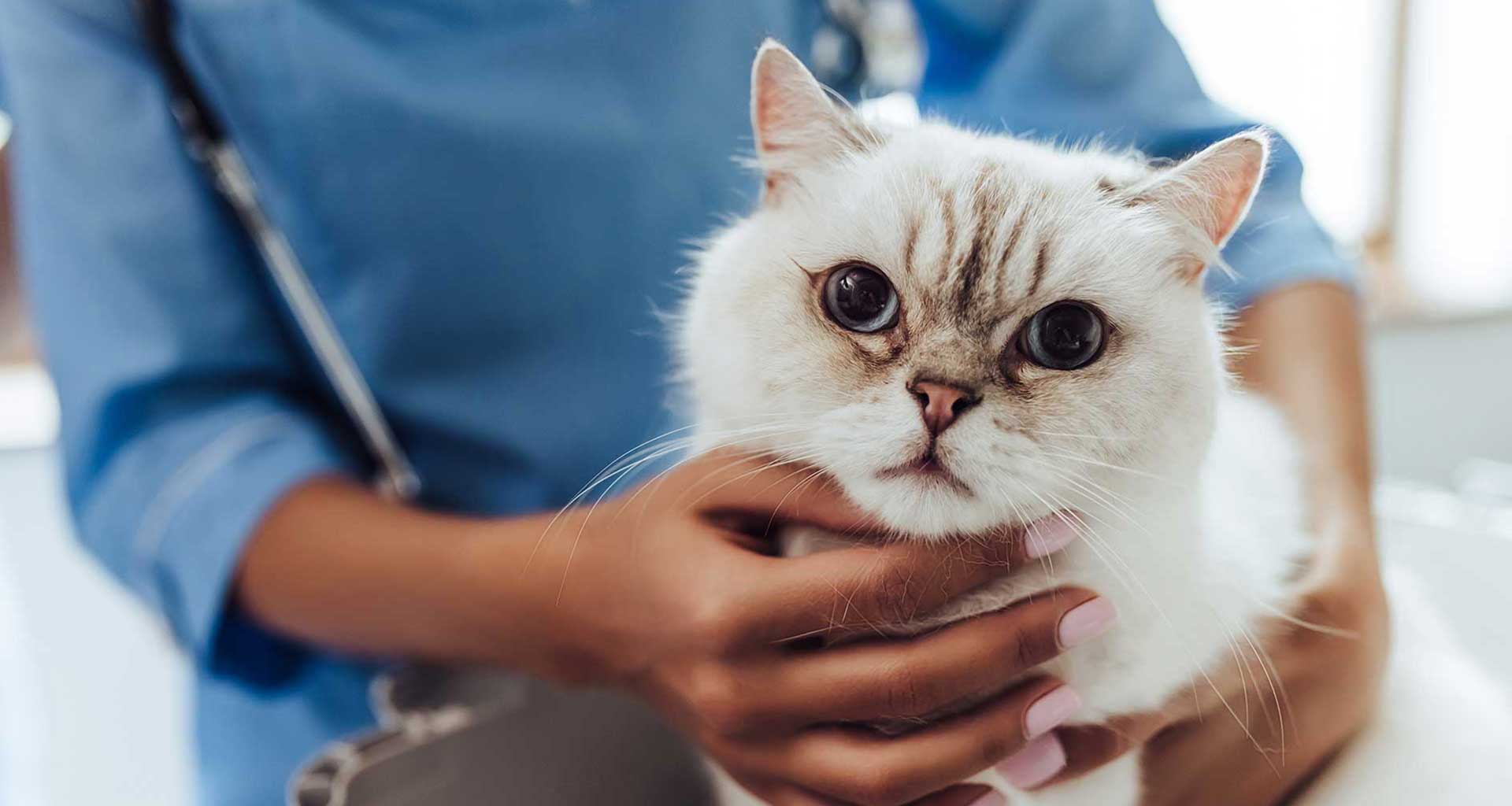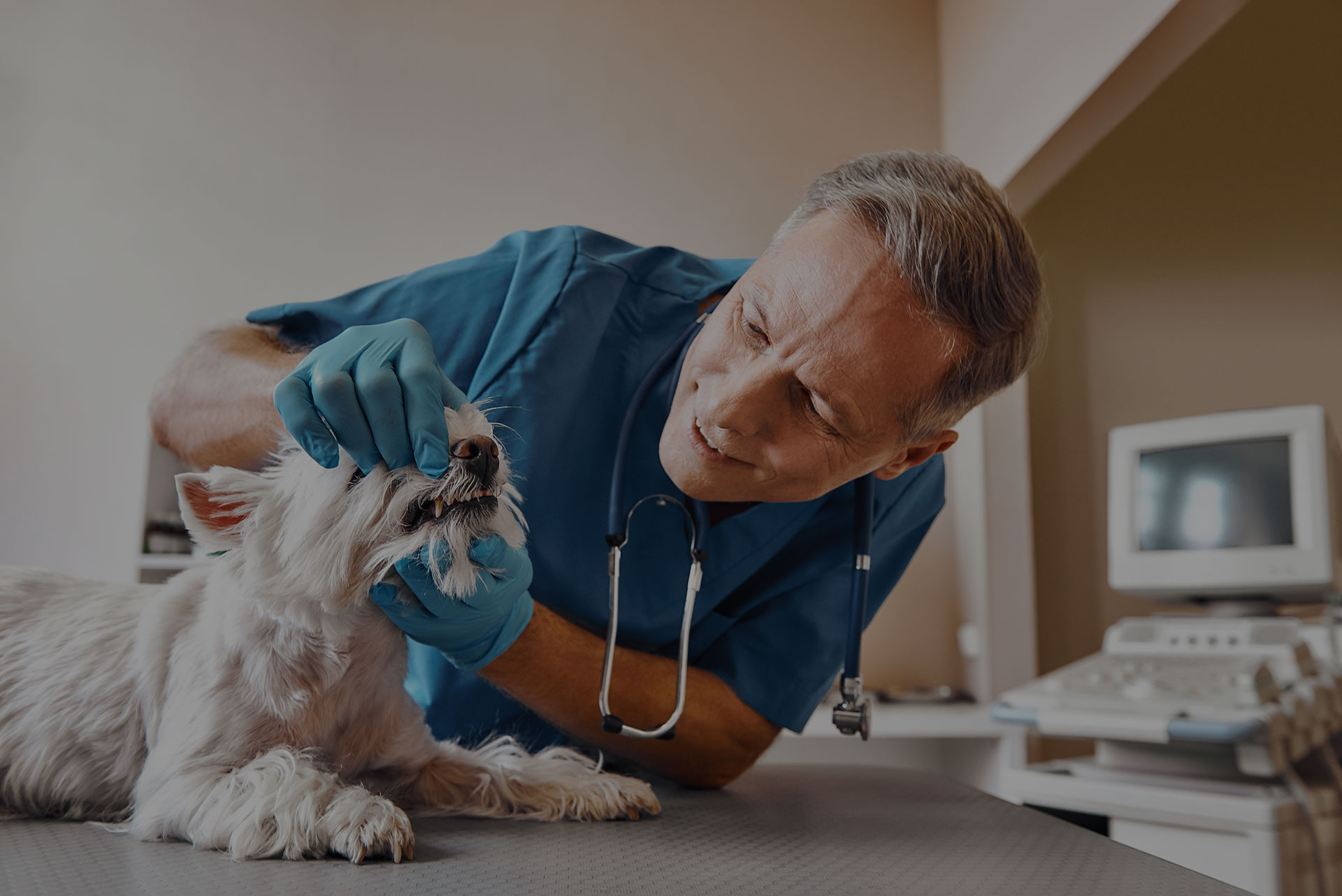Just like humans, a pet’s heart can also develop diseases and cause many health problems. Unfortunately, any diseases or problems with the old ticker, seem to come to light when your pet is already in heart failure as the physical symptoms become obvious. We can look out for our furry child through keeping an eye on the symptoms and being proactive in treating them. In many cases, the way we can help our pet’s heart, will help our own as well.
The development of heart disease
Heart problems can be hereditary in pets; however, this is a rare case in both cats and dogs. The positive in this situation is that the pet will be diagnosed when young. This means that proper care and regular check-ups are already in motion to keep track of the health problem.
Later in life, heart disease can develop due to the pets age or other existing health conditions such as infections from parasites or, more commonly in cats, an overactive thyroid. These circumstances can only be confirmed and diagnosed by your veterinarian. Through regular check-ups and a management plan, you can help your pet live a joyful and comfortable life.
What are the signs of heart disease?
Heart disease basically means that the organ has started to reduce its normal function. Therefore, the heart has to work double-time to try to fight through and without treatment, will start to fail. The symptoms caused by heart disease include:
- Loss of appetite
- Noticeable weight loss
- Strained or rapid heart beat
- Agitation
- Weakness during exercise and tired easily
- Coughing, usually at night
- Enlarged abdomen
- Irregular urination and defaecation
- Depression
YOU can help prevent heart disease
By following the below steps, you will be helping both you and your pet fight this disease from developing.
- Healthy diet: High-quality pet food is vital for their overall health, especially when it comes to keeping a healthy and strong heart. We recommend a diet that includes omega-3 fatty acid. The best option would be to talk to your vet or vet nurse about the best diet for your pet.
- Maintain a healthy weight: Always try to keep your pet at a lean weight. A larger sized animal means that there is extra fat surrounding the heart. As a result, the heart is working harder due to this unwanted pressure.
- Regular exercise: For dog owners, this is a perfect way to give both you and your pet’s heart muscles some time to strengthen. Getting outdoors works wonders for physical and mental health. Animals like cats can be encouraged to get active through toys such as furry toy mice or fluffy toys.
- Preserve those pearly whites: Any bacteria that develops in your pet’s mouth can travel through the bloodstream and cause extreme damage to the heart, in particular the valves. Regular check-ups are important; however, you can also brush your pet’s teeth with a specially designed toothbrush and tooth paste. Do not use human toothpaste on animals due to the sodium fluoride. This is extremely dangerous for pets.
For humans and animals, healthy hearts are the key to a long life. Now is the perfect opportunity to start getting active, to help you both stay in tip top shape.


